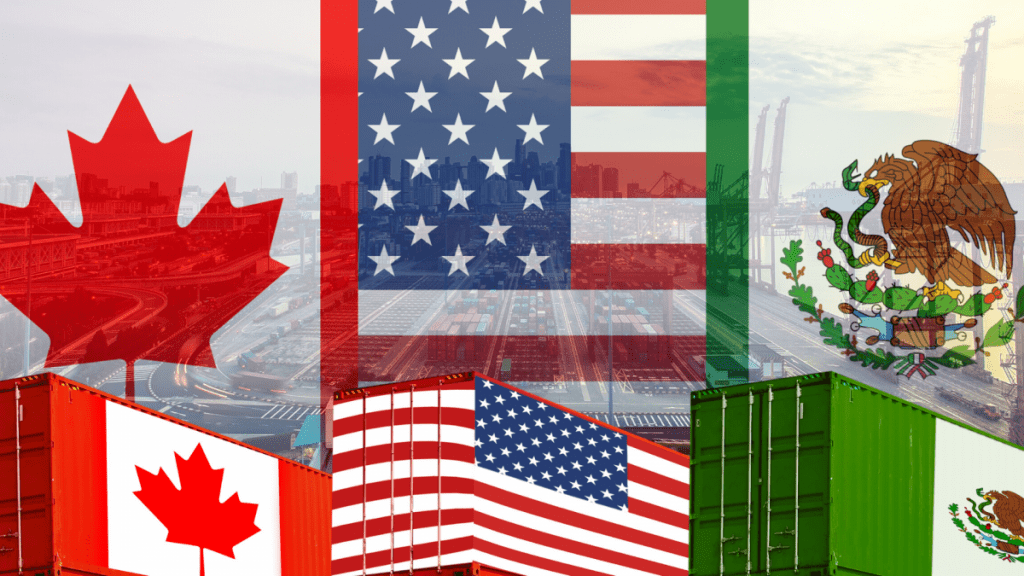The Ministry of Economy published a list of 64 frequently asked questions about the Treaty between Mexico, the United States and Canada (USMCA).
In the USMCA, the current level of openness to foreign investment existing in each Party is consolidated. Furthermore, disciplines are established to protect investments.
Regarding the investor-State dispute settlement procedure, two types of protection are established:
Procedure applicable to all sectors
Investors from any sector may resort to an arbitration procedure in case of violations of the following disciplines: National Treatment (post-establishment only); Most Favored Nation Treatment (Post-establishment only) and direct expropriation.
Any violation of the other disciplines provided for in the Investment Chapter may be appealed in the State-State dispute settlement procedure.
To be able to resort to this mechanism, investors must allow 30 months to elapse after they have initiated legal proceedings before the courts of the State receiving the investment.
Procedure for strategic sectors
A traditional investor-State mechanism is established, to which the following five sectors may resort for violations of any provision provided for in the Investment Chapter (including indirect expropriation and minimum level of treatment): energy, electricity generation, transportation, telecommunications and infrastructure .
USMCA and limits
In order to resort to the mechanism, the investor must have a contract signed by the authorities of the State receiving the Investment (“covered government contract”, as defined in the chapter), signed with the authorities of the State receiving the investment. The contract is only the «access key» to arbitration.
The provisions of the contract itself may not be arbitrated under the USMCA.
Once the investor has a contract to carry out a certain activity, he may bring violations to the investor-State to any other activities even if they have not been formalized through a contract.
Regarding Canada, it was agreed that the investor-state dispute settlement mechanism will not apply to this nation.
These are questions 22 to 24 on the USMCA, answered by the Ministry of the Economy:
-
Was the arbitration mechanism updated incorporating new disciplines of the USMCA, what were they?
- Those that favor the transparency of the arbitration procedure, both in written and oral proceedings.
- Those that allow the application of the most recent arbitration rules of the United Nations Commission for International Trade Law (UNCITRAL).
- Those that provide for the issuance of a draft of the arbitration award to give the parties an opportunity to submit comments.
- Those that incorporate ethical rules that the arbitrators must observe, more expedited procedures to settle questions of jurisdiction, rules for the participation of non-disputing parties, as well as for the termination of arbitration for procedural inactivity.
-
What kinds of provisions were included in USMCA Chapter 15 on Cross-Border Trade in Services?
- The principles applicable to trade in services are included: National Treatment, Most Favored Nation Treatment, Market Access (provision that prohibits the imposition of quantitative limitations, economic need tests) and Local Presence (provision that avoids the obligation to establish or maintain a representative office or a company in a respective territory as a condition for the cross-border supply of a service).
- Provides that any measure that is established and affects trade in services will be administered in a reasonable, objective and impartial manner.
- Seeks to support the development of trade in services for the benefit of Small and Medium-sized Enterprises (SMEs).
- Establishes that transfers and payments linked to the cross-border supply of a service are made freely and without delay
-
What type of provisions does Chapter 16 of the Temporary Entry of Business Persons of the USMCA contain?
- Regarding transparency, application processing and cooperation between the Parties in order to allow the temporary mobility of business people in the following categories in accordance with Annex 16-A: a) Business Visitors b) Merchants and Investors c) Intra-Corporate Transfers d) Professionals.
- It establishes commitments so that people who enter the territory of the Parties under the aforementioned categories, comply with the applicable legislation in each of the Parties, in order to be able to offer their professional services.
- There is a commitment to make explanatory material available to the public regarding the requirements for the temporary entry of business people in accordance with the provisions of the Chapter.
- Establish a Working Group with the following objectives: 1) follow up on the implementation of the chapter; 2) promote measures that foster the temporary entry of business people; 3) propose modifications or additions to the chapter; and 4) attend to matters of common interest.

